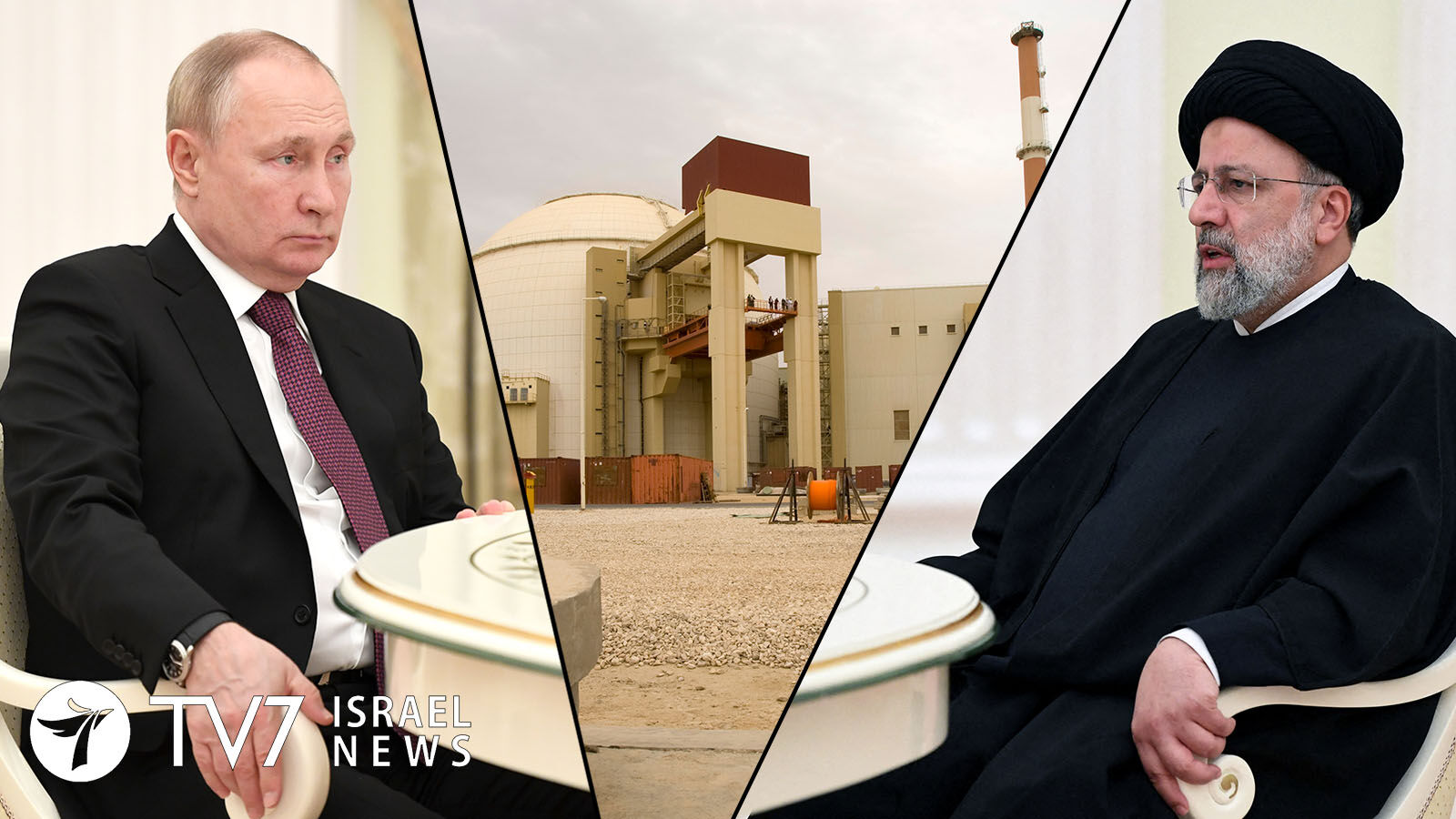Russia has a self-interest in preventing Iran from acquiring nuclear arms, said United States Secretary of State Antony Blinken.
By Erin Viner
“We continue to work to see if we can come back to mutual compliance with Iran on the deal. Russia continues to be engaged in those efforts and it has its own interest in ensuring that Iran is not able to acquire a nuclear weapon,” Blinken said during a visit to Estonia yesterday.
Ongoing talks in Vienna to revive Iran’s 2015 Joint Comprehensive Plan of Action (JCPOA) with world powers have been mired in uncertainty since Russian Foreign Minister Sergei Lavrov stated that Western sanctions over Ukraine have become a stumbling block for any prospective nuclear deal.
“We want an answer – a very clear answer – we need a guarantee that these sanctions will not in any way touch the regime of trade-economic and investment relations (with Iran) which is laid down in the Joint Comprehensive Plan of Action,” said the Russian Foreign Minister, stating that his nation wants “a written guarantee” that the “current process triggered by the United States does not in any way damage our right to free and full trade, economic and investment cooperation and military-technical cooperation with the Islamic Republic.”
The Kremlin’s demands come just as 11 months of indirect talks between Tehran and Washington appeared to be headed for an imminent agreement.
Secretary Blinken sought to downplay the emergence of such obstacles earlier this week, saying that the punitive economic measures imposed on Russia over Ukraine had nothing to do with a potential agreement with Iran.
“These things are totally different and just are not, in any way, linked together. So, I think that’s irrelevant,” Washington’s top diplomat said in an interview with CBS’s “Face the Nation” show. While expressing belief that a possible deal with Iran was close, he went on to caution that several very challenging remaining issues remain unresolved.
A senior Iranian official cited by Reuters, however, said that Tehran is waiting for clarification from Moscow about Lavrov’s comments.
“It is necessary to understand clearly what Moscow wants. If what they demand is related to the JCPOA, it would not be difficult to find a solution for it,” said the Iranian official, stressing, “But it will be complicated, if the guarantees that Moscow has demanded, are beyond the JCPOA.”
The Tehran Times reported that “Iran quickly understood Russia’s reasons for demanding guarantees as Iran itself has been pressing for such guarantees.”
“The positive and negative moves by the countries participating in the Vienna talks are being made with the aim of securing interests and are understandable. The only factor affecting our interaction with the P4+1 is securing the interests of the people of Iran. Thus, we’re assessing new elements that bear on the negotiations and will accordingly seek creative ways to expedite a solution,” Secretary of Iran’s Supreme National Security Council Ali Shamkhani commented on Twitter.
The article cited the Russian Embassy in Iran as confirming that the two countries’ foreign ministers discussed the matter over the phone, in a discussion that “emphasized that the resuscitation of the JCPOA should ensure that all its participants have equal rights regarding the unhindered development of cooperation in all areas.”
Iran and Russia share a maritime border in the Caspian Sea, and intend to use the naval route to boost trade by “devising innovative financial mechanisms that do not rely on the US dollar or other Western currencies,” reported the Tehran Times, while insisting that, “The Russian demands have not turned into a stumbling block and there is plenty of time to discuss and solve them. In fact, currently, the conclusion of Vienna talks is only dependent on the US making political decisions on some outstanding issues that are part of Iran’s red lines.”
Iran’s Supreme Leader Ayatollah Ali Khamenei has publicly been calling for closer ties with Russia due to his deep mistrust of the US, and the administration of Iran’s new hardline President Ebrahim Raisi has been pushing for deeper ties with Russia since taking office last year.
